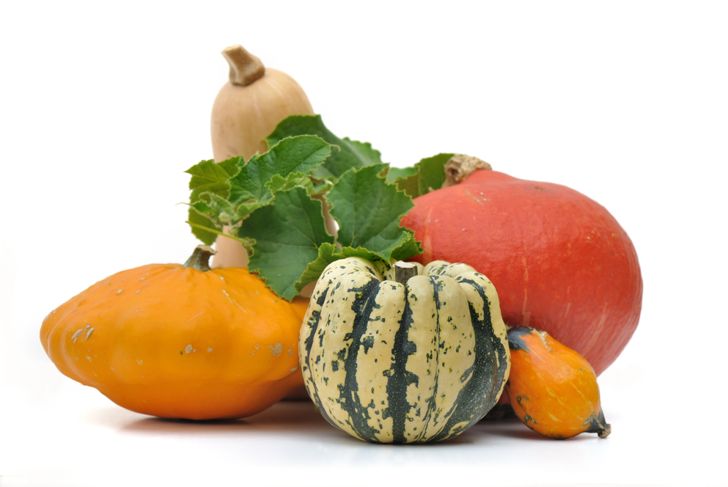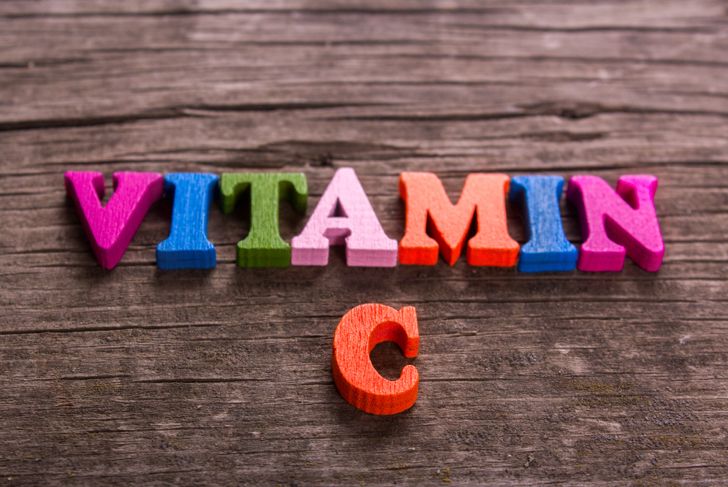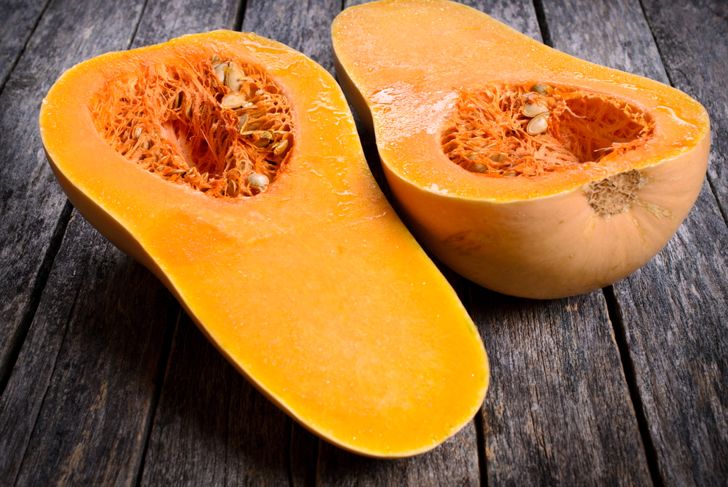Some describe squash as a vegetable while others think it belongs in the fruit category. Either way, there are many varieties. Summer and winter squash are the overarching categories, but there are many subdivisions within these broad groups. Summer squash is smaller and has edible skin but since it does not keep well you need to eat it within a few days. In contrast, the larger winter squash has an inedible skin but you can keep it for a long period. Both kinds of squash are rich in vitamins and low in calories and cholesterol, and they are very popular items in vegetarian meal plans.
Eat well while trying to lose weight
A significant increase in the number of people with obesity is one of the public health concerns across the developed world. Many people who are overweight try diet plans, but often find it challenging to create varied and healthy meals. Delicate squash is an ideal choice for healthier eating since it is free of fats and light on calories. A cup of yellow squash is just 36 calories and 7 grams of carbohydrates.
Helps strengthen the immune system
The body’s immune system works away in complete silence, carrying out its essential protective role. The plant can strengthen immunity in several ways. It is rich in vitamin C, so this helps the body to fight off chills and allergies. The peel also has value; it contains generous amounts of fiber. The body requires fiber for proper performance of digestive and waste removal functions. When these processes operate smoothly, the risk of disease becomes that much lower.
A natural way to get vital vitamins
In addition to its high vitamin C content, squash also provides generous amounts of other essential vitamins and minerals. For example, it is a good source of vitamin A. It also supplies the body with valuable copper, potassium, and magnesium that help the body to process glucose. This list is far from exhaustive but is sufficient to show that making this food a regular meal item is a good choice. Why rely on supplements when you have the option to increase vitamins and minerals naturally?
Strengthens antioxidant forces
Squash contains high amounts of carotenoid pigments with antioxidant properties. These compounds play a key role in protecting cells and tissues against damage from free radicals. People who eat healthily, get sufficient exercise, and live in clean environments maintain a natural balance of free radicals and antioxidants. Without this balance, cell damage from free radicals can expose the body to serious disease. Through strengthening this antioxidant presence, people who eat squash gain enhanced protection against disease.
Lowers the risk of developing diabetes
Squash fans claim the fiber it offers ensures blood sugar levels do not go beyond safe boundaries. They argue eating it can prevent the onset of diabetes. While squash won’t be the new diabetes miracle cure, it’s a good food to include in meal plans intended to lower the risk of diabetes. Combining such meal plans with exercise will deliver the best results. Those at particularly high risk (for example, people with a family history of diabetes) may still want to consider medication.
Could prevent asthma
Beta-carotene is an antioxidant found in squash. In addition to protecting cells from free radical damage, beta-carotene is also supposed to reduce the chances of developing asthma. Anyone with a history of asthma in their family should consider introducing this antioxidant into their regular diet. There are no negative side effects, and it’s easy to get more from whole food sources. Perhaps a respected medical study will quantify how much this compound really helps; the claim relies exclusively on anecdotal evidence at present.
Squash for skin conditioning
Including squash in meal plans could be part of your healthy skin care program. The food is credited with this benefit in part because it is a good source of vitamin A. Scientists recognize this vitamin is essential to skin health. Furthermore, vitamin C exists in the plant in generous amounts. The vitamin can keep skin well-moisturized and help fight off the deterioration that naturally occurs in the aging process.
Squash might prevent baldness
It may be a bit of an exaggeration to say that people who regularly eat squash are less likely to lose their hair, but the connection between this food and hair quality is far more than speculation. Vitamin A should strengthen existing hair and encourage new hair growth. Advocates would not be surprised if science discovered a real difference in hair quality between squash eaters and those who abstain, but this is another natural food claim awaiting scientific investigation.
Contributes to good eye health
Many believe that eating carrots is good for the eyesight, but there is evidence that eating squash is also beneficial because it contains carotenoids. One such carotenoid in summer squash is lutein, which reduces the risk of cataracts. Lutein is also useful for preventing macular degeneration that can lead to complete loss of eyesight.

 Home
Home Health
Health Diet & Nutrition
Diet & Nutrition Living Well
Living Well More
More



















